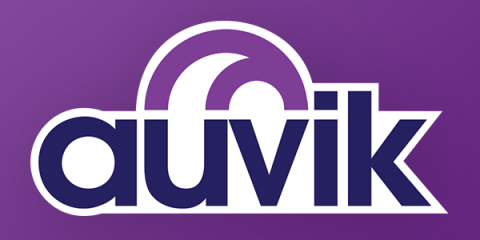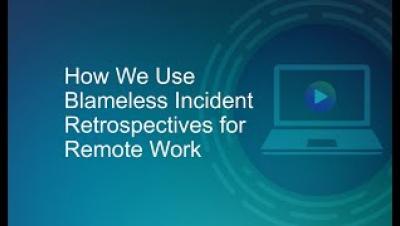Actionable Insights - Faster Incident Resolution with Datadog and Moogsoft Observability Cloud
Context is king, they say, and anything you can do to improve context both makes decisions and assessments more reliable and speeds up the decision process. A new, bi-directional integration between Moogsoft Observability Cloud and Datadog does just that. Many SRE teams rely on Datadog to provide comprehensive information about their application stacks.











